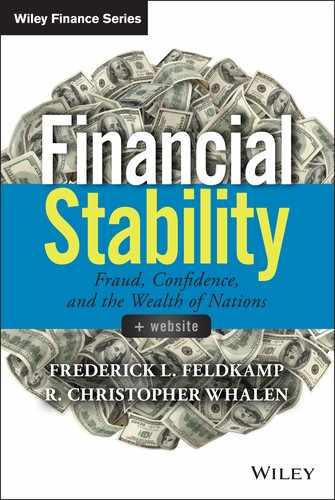CHAPTER 19
Philosophy: Benevolence > Self Interest > Fraud
In Jerusalem, as the Common Era began, Hillel the Elder stated that Jewish law was to love your neighbor as yourself and that all the rest was explanation. Jesus saw no benevolence in the forced exchange of currency as a means for priestly profit and chased money changers out of the Temple a few decades later. Neither religious leader accepted fraud or unenlightened self-interest as the foundation of a faith that would bind and sustain humanity
The last edition of Adam Smith’s treatise on moral philosophy, The Theory of Moral Sentiments, was written in 1790, the year he died. In that work, Smith substantially revised the last part to address different theories as the foundation of moral sentiments. Rejecting self-interest and other approaches from the Greek philosophers forward, Smith concluded that only benevolence can sustain a society as the foundation of morality. We learn the same lesson from recent economic studies and by a growing recognition of universal theology based on a duty to do good, not just avoid doing bad.
All humans share one world. It is only by acts that build the world’s benevolent production and productivity, in the end, that we maximize the world’s strained capacities to support humans. There is, of course, an overriding element of self-interest when one recognizes this unity.
Fraud is the ultimate expression of unenlightened self-interest in comparison to self-interest that is enlightened by benevolence. Just as the theory of financial stability cannot be fulfilled in the face of fraud, it cannot be maximized by self-interest alone. When risk is accommodated properly, the risk-free arbitrages that generate sustained financial stability naturally support productive innovation by sustaining equilibrium at rates that reward the most increase in equity to the most productive uses of leverage.
By sustaining stability, moreover, growth of value more readily accommodates inevitable losses on less productive investments. Adam Smith’s treatise on moral philosophy is, therefore, a proof for the theory of financial stability. As one supports the philosophical foundation of benevolence, the other supports benevolent guidance of the invisible hand of economics to the goal of maximizing productivity and wealth.
